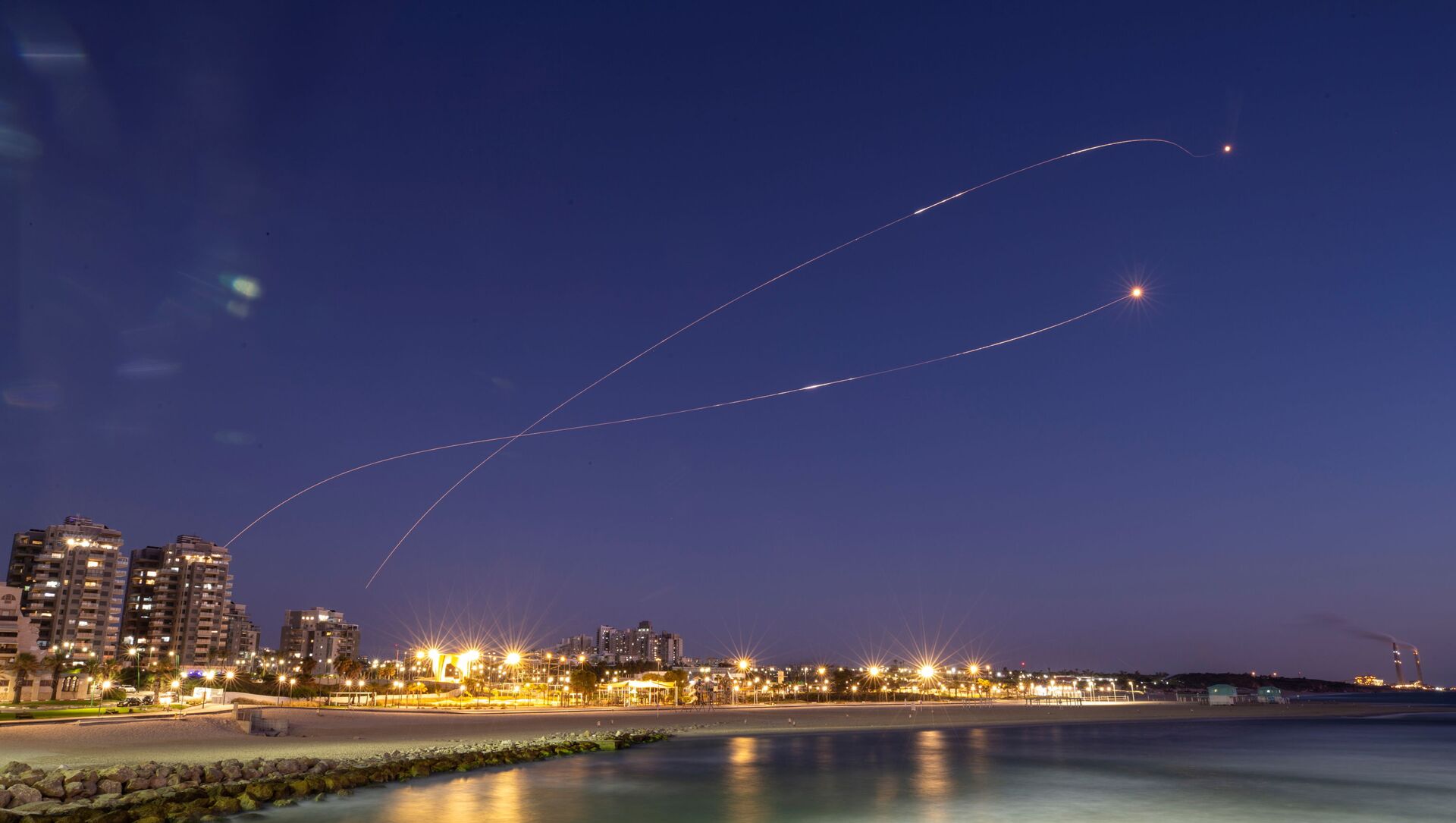The ceasefire between Israel and Hamas, the Islamic group that controls the Gaza Strip, still holds on Monday.
Hamas stopped its indiscriminate rocket fire into Israeli territories, while the Jewish state ceased its bombardment of the Gaza Strip, where at least 240 people have been killed in the eleven days of fighting.
For Israel, Operation "Guardian of the Walls" has been a success. To begin with, it eliminated dozens of Hamas and Islamic Jihad operatives, including top ranking commanders.
It prevented the Islamist group from launching several terrorist attacks; it had planned to direct its militants to infiltrate Israel, where they were directed to kidnap and kill Israeli soldiers and civilians.
It hampered Hamas' ability to produce and launch rockets and, most importantly, it damaged the so-called Hamas metro, a tunnel system used by militants for smuggling weapons and fighters.
Hamas Won't Be Destroyed
But Mkhaimer Abu Seada, a Gaza-based political analyst, is doubtful Israeli achievements have been that big.
"Israel claims that it destroyed some 100 kilometres of tunnels in Gaza. This is unbelievable, simply because that means that a third of Gaza has been destroyed and we know this is not the case. What has been severely damaged is the Strip's infrastructure, not their ability to fire rockets."
Although it is too early to estimate the damage of the recent round of hostilities, the destruction of multiple residential buildings, roads, schools, hospitals and police stations will cost Hamas billions of dollars. It will take years for the Islamist group to return the enclave to the state it was in prior to the military campaign.
In the past, they have demonstrated that they were able to do so. In 2012, during operation Pillar of Defence, Israel aimed to reduce Hamas' rocket-launching abilities. Back then, the group carried out slightly more than 1,500 launches during eight days of fighting.
Two years down later, during the operation Protective Edge, Hamas was able to withstand the IDF longer. It launched 4,500 rockets, some of which were able to reach remote areas of Israel.
Although Israel then managed to destroy much of the group's infrastructure and caused billions in damage to the Strip, Hamas was able to reinvent itself, emerging much stronger in the current wave of hostilities.
A Political Solution Needed
According to Israeli estimates, during the eleven days of fighting Hamas was able to launch 150 rockets simultaneously, compared to 70 in 2014, and Abu Seada is certain that in future escalations, the capabilities of Hamas will be much stronger.
"Despite the fact that Hamas is under siege, and despite the fact that Egypt destroyed many of their tunnels, Hamas of 2014 emerged as a strong player. Their rockets have become more precise. Their explosives were more damaging and their range wider. This is the reason, why I have zero doubts they will be even more powerful in the future."
For that to happen, however, Hamas will need to find funds, but it has very few friends it can rely on for assistance. Egypt has already vowed that it would pump half a billion dollars into the reconstruction of Gaza. A similar move will be taken by the US and a number of other international players, but the money will not reach the Islamic group's coffers.
In the past, Hamas relied on the cash injections that came from Iran and Qatar, which has pledged the group some $1.1 billion from 2012 till 2018.
Even though Doha has never acknowledged that its money went to military purposes, Israeli experts have long warned that it has always been the case. And most probably, this policy will not change in the near future.
"I doubt Israel will ever be able to subdue Hamas. The only solution to this ongoing conflict is a political resolution. And if the two sides don't reach it, I expect another round of hostilities to take place in the future."




